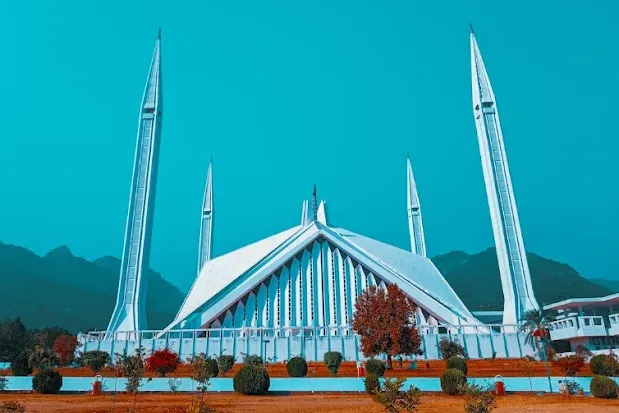The Importance of Cultural Heritage
 |
The Importance of Cultural Heritage:
Cultural heritage plays a crucial role in shaping the
identity of a country. It encompasses the traditions, customs, rituals,
historical sites, artifacts, and artistic expressions that are passed down from
one generation to another. These elements serve as a reflection of the unique
history and identity of a nation, helping to define its place in the world.
Defining Cultural Heritage:
Cultural heritage encompasses various aspects of a society,
including:
• Archaeological Sites: Important
historical sites, artifacts, and ruins that hold historical significance.
• Linguistic Diversity: The diversity of languages spoken
within a country, reflecting the cultural diversity of its people.
• Traditional Crafts: The knowledge and skills associated
with traditional crafts, such as weaving, pottery, or metalworking.
• Performing Arts: The various forms of artistic expression,
such as dance, music, theatre, or storytelling.
• Architectural Heritage: The preservation and restoration
of historical buildings and architectural designs.
• Natural Wonders: Unique natural features, such as
landscapes, national parks, or wildlife reserves.
Preserving Cultural Heritage:
Preserving cultural heritage is essential for maintaining
the identity and integrity of a nation. It involves protecting and conserving
the tangible and intangible elements of a culture, such as historic buildings,
archaeological sites, and traditional
crafts. By preserving these treasures, countries can transmit their values,
history, and traditions to future generations.
Economic Impact:
Cultural heritage not only enriches the cultural fabric of a
country but also has economic benefits. It attracts tourists, creates job
opportunities, and promotes local craftsmanship. Tourists who visit a country's
cultural heritage sites spend
money on local businesses, contributing to the local economy. Additionally,
the preservation of cultural heritage can increase property values and
stimulate economic growth in tourism-related industries.
Social and Cultural Identity:
Cultural heritage forms the foundation of a country's social and cultural identity. It provides a sense of belonging and continuity for its citizens, reinforcing their connection to their past. It influences the way people dress, speak, celebrate traditions, and engage in cultural activities. By preserving and celebrating their cultural heritage, countries can foster a sense of pride and unity among their citizens.
 |
Hiran
Minar is an early 16th-century Mughal-era complex located in Sheikhupura. |
International Understanding:
Cultural heritage plays a crucial role in promoting
understanding and dialogue between nations. It helps to foster a sense of
shared humanity
by highlighting common bonds and traditions. By promoting cultural exchange and
appreciating the cultural heritage of others, countries can foster tolerance,
respect, and cooperation, leading to stronger international relations.
Conclusion:
In conclusion, cultural heritage is of immense importance in
any country in the world. It reflects a nation's identity, preserves its heritage,
provides economic benefits, fosters social cohesion, and promotes international
understanding. By valuing and preserving their cultural heritage, countries can preserve
their true essence and share it with the world.
Stay tuned for the latest news, breaking news, current affairs, economic issues, and world news.




.webp)
